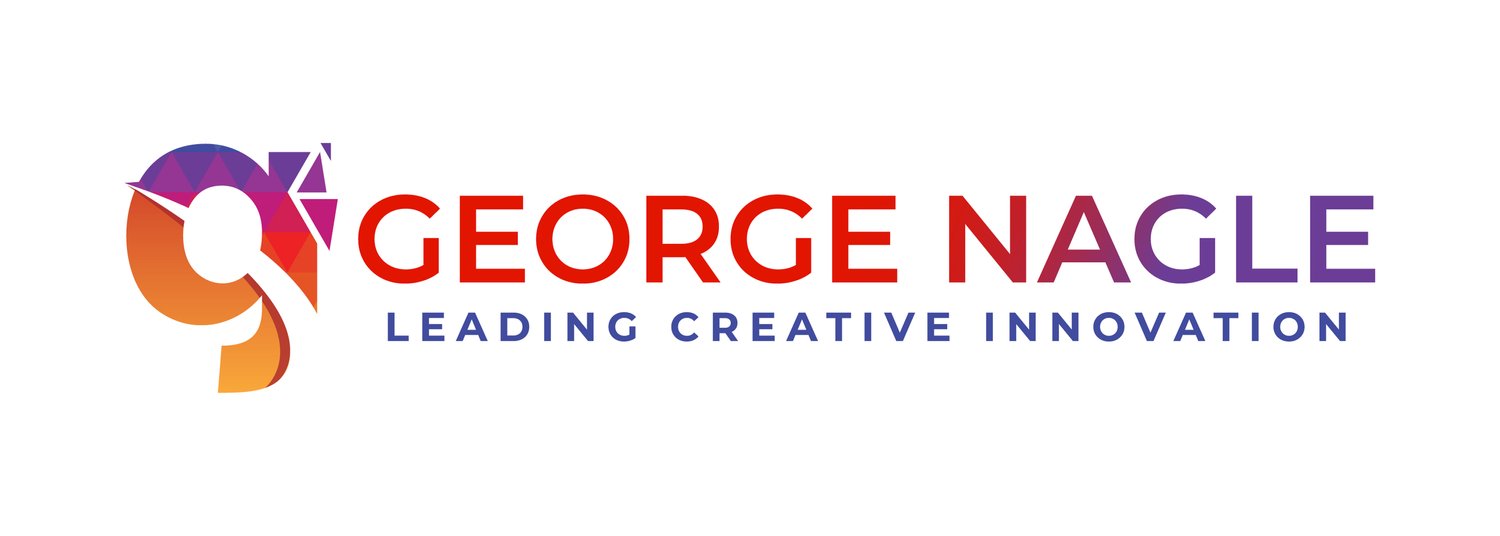Creativity and Innovation: Tools Against Depression & Suicide
Dedicated to my first real boos and mentor.
Admittedly, this is a rather personal post for me that requires a little explanation before I explore the creative and innovative benefits.
For those in the US, an emergency is 9-1-1. For a mental health episode that has you considering taking your own life, it is 9-8-8. Call it. Don’t second-guess yourself. It is free. It is 24/7. It doesn’t put you on a list. It helps. If that is all you take away from this post, make sure you use it and pass it along.
This week, I learned that my first boss in the corporate world took his life. He was the man who had said it was his goal to find something I couldn’t do. What he really was doing was pushing me to explore, learn, and excel in ways I wouldn’t have thought of inside of the business world. He was a mentor and a friend well past our working time together.
His passing did two things for me. First, it reminded me that we don’t know what people are going through. No matter how strong someone might be, we don’t always see how weak or desperate they may feel. Second, it made me think about a period of time when I was most likely in high-functioning depression during graduate school and what helped get me out of it.
It turns out it was accomplishing many small things quickly, and people noticed. It was the first boss who gave a kid in graduate school an internship that turned into a career. It was a place where I got to get creative and slightly innovative in an explorative manner. As I have learned a bit more about creativity and innovation in the last two decades since that first job, I want to briefly share some thoughts, upon reflection, on how creativity and innovation can help depression.
Creativity is an emotional outlet and needs to be an intellectual one too. Engaging in creative activities, such as art, music, or writing, can serve as a therapeutic outlet for emotions. Statistics show that individuals who regularly participate in creative endeavors are less likely to experience symptoms of depression. However, creativity in problem-solving is just as effective. It engages other areas of our brains and lessens the release of cortisol while increasing dopamine. When we can own a meaningful problem and be supported to solve it quickly, we create a new outlet.
If we consider creativity as the thinking or the envisioning, we need to consider innovation as the process of bringing creativity to life. Adding innovation to problem-solving skills empowers individuals to confront new challenges, providing a sense of purpose. The process of innovation has been linked to improved mental well-being, particularly in overcoming feelings of hopelessness. The empowerment comes from the process they follow because it has been proven to themselves by themselves to deliver accomplishment. Statistics indicate that individuals who feel a sense of accomplishment are less likely to succumb to the depths of depression or contemplate suicide.
Meaningful accomplishments benefit everyone. Those achievements can be at work or at home, but they have to have meaning. The spark to find meaning is in creativity. If you have read this far, first, thank you. Second, here is a link to download a free e-copy of “Miserable At Work? Why? You Don’t Have To Be.”
If you’d like to learn more about the harsh realities of depression and suicide, check out these links.
